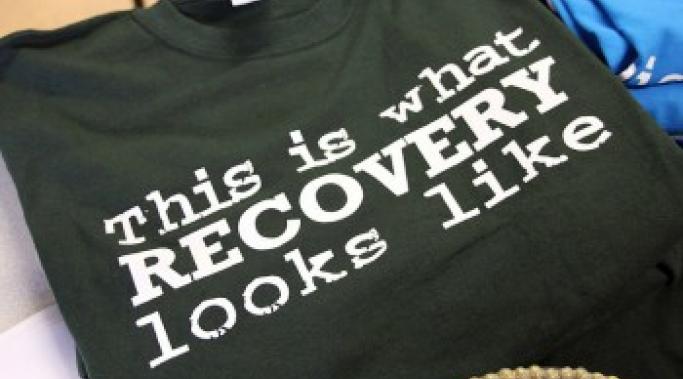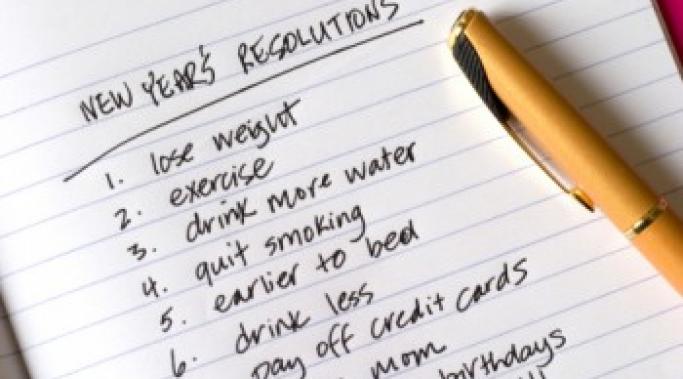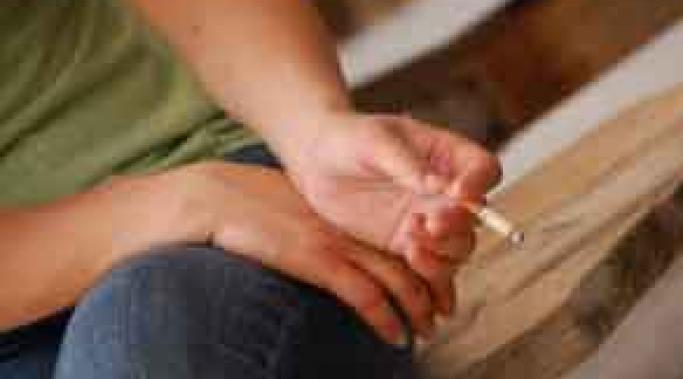As I tossed a french fry into my mouth, I thought, "mmm . . . salty." In fact, it was too salty for my taste, but somehow I still enjoyed it. That's because certain foods affect humans in a manner similar to other addictive substances. The fries didn't even taste that good, and yet I kept eating them. This new research in food addiction may explain why.
Debunking Addiction
If you've considered going to an addiction recovery meeting as a newcomer and changed your mind because you're afraid of who might be there, you're not alone. I'm often asked, "What kind of people come to recovery meetings? Do you feel safe there?" and so on. Mainly these questions are posed to me by people who have never seen skid-row -- let alone mixed in with the "wrong crowd" or got caught up in a bar fight. Because of the stigma associated with addicts, I understand why outsiders may assume that everyone in recovery meetings are seedy, untrustworthy, and dangerous people, but most people are not like that. These personal safety tips for newcomers to recovery meetings may make you feel more safe.
I used to lie all the time. In my addiction, I lied constantly to cover up my drinking (not that it worked). Even before I started drinking, I lied about my mental health issues because I thought if people knew what was going on inside my head, they would think I was weird (they still did). It wasn't until I got sober that I realized how dishonest I had been on a daily basis and the importance of honesty in addiction recovery.
After using drugs or alcohol for a prolonged period of time, your body needs time to adjust when you quit a drug. Your body chemistry changes and that impacts your mental clarity, balance, and even your sleeping patterns. While post acute withdrawal syndrome (PAWS) is not officially recognized as a medical condition, the effects are commonly experienced by men and women in early drug and alcohol recovery.
When I arrived as a freshman on the campus of an Ivy League university, I was shocked by the amount of binge drinking and casual sexual encounters I saw on campus. Within the first week, I witnessed one of my dorm mates lying on the floor, muttering incoherently and slowly vomiting brown ooze.
Making a resolution to stop an old behavior, or start a new one, is about more than changing the action itself. We also need to develop a lifestyle and environment around the change we want to make. Some people blame the concept and say our annual failings only serve as proof that New Year's resolutions don't work. In reality, the reasons we fail have less to do with making resolutions and more to do with the fact that we lack the lasting motivation that will sustain us through thick and thin.
When you're ready to quit drinking, stop smoking, or get off drugs, it doesn't matter if you start on January 1st or July 14th. If you're ready now, here are four essential steps to making that a lasting change in the New Year.
New Year's is almost upon us. That means it's resolution time. This January 1st will mark four years since I've smoked a cigarette or consumed any other form of nicotine. Here's how I broke my nicotine addiction.
Whether the program is LifeRing, Alcoholics Anonymous (AA), SMART Recovery, or some other program, the first question of a newcomer is always the same: "Does this addiction recovery program work?" The answer to this simple question varies, depending on who you ask. Yet, there is one factor that can make or break a person's success in any recovery program.
Last month, the Center for Disease Control and Prevention (CDC) released the results of a study of American drinking habits. I was surprised to read the findings. The biggest two takeaways were: one-in-three adult Americans drink heavily and 90 percent of Americans who drink heavily are not alcohol dependent, aka addicted to alcohol. Let's break down what that actually means.
These are some of my favorite responses to the question, "Why aren't you drinking?"








